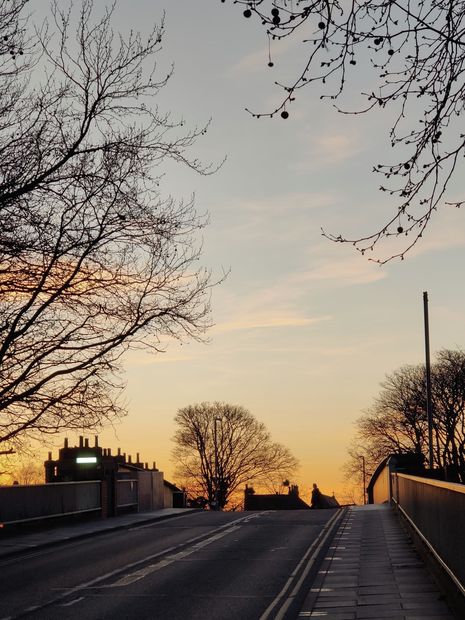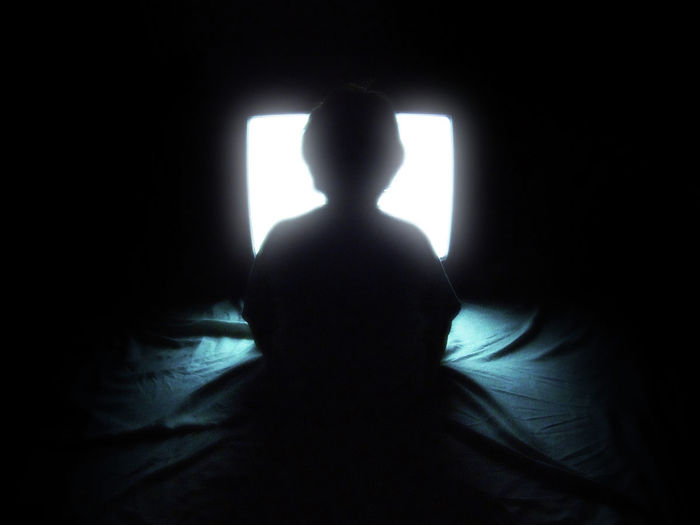A quiet quarantine
“The sounds that I had gotten used to over the past few months since I arrived in Cambridge have been ousted by new ones” writes Hafsah Siddiqui on the sounds of Cambridge during Covid-19.

In between rounds of online board games last weekend, my cousins asked, “Isn’t it really quiet there now?” As an international student who is unable to return home, I’m staying in Cambridge through the crisis and have gotten somewhat accustomed to life in lockdown. I laughed and told them, “Yes, and it is a relief to no longer be treated to the cacophony of sounds of university life…I have witnessed many boisterous post-midnight festivities of drunk passers-by outside my window near Sidgwick Site.”
But a few nights after that virtual get-together, when I heard the crunching of footsteps on the gravel outside my flat, reminding me of those very sounds of university life, I came to the realisation that the mundane sounds we take for granted should be appreciated for the ordinariness they represent. It was only when the incessant humdrum was stifled that I truly recognised how peculiar the lack of noise feels in a deserted university town.
The sounds that I had gotten used to over the past few months since I arrived in Cambridge have been ousted by new ones. The leisurely clinking of cutlery at formal halls has been replaced by urgent taps at my keyboard in preparation for end-of-year deadlines. College chapel choirs’ harmonies have been overtaken by worryingly frequent ambulance sirens.
As a result of this change in sounds, there is a growing sense of anticipation in the air for the noises that are no longer being made. Stacked up inside empty boathouses, rowing blades hang around until they can splish splash through the river Cam. Parked bicycles are keen to screech down busy roads and meander through webs of honking traffic. Idle instruments are counting on musicians to come back and free their trapped notes.
"Real life may be quieter, but online, it is not."
Real life may be quieter, but online, it is not. We have swapped the reverberant rhythms of May Balls with the melodic masterpieces that are Instagram concerts. Laptops have come alive with the chimes of calendar reminders for virtual events. Glitches on Zoom and Skype release the intimate background noises of colleague’s homes. Procrastination induced Netflix binges allow show theme songs to ring out. Facebook and Twitter are animated by LOUD, LOUD debates. Buzzing phone notifications lead to genuine conversations about wellbeing and coping methods. In the digital academic world, there is the hubbub of webinars, e-conferences, lectures, lightning talks, workshops, and supervisions all calling out for attention.
Most people would agree that smells trigger memories, but I feel it is the same with sound. The crackling of every future fireworks display at Midsummer Common will conjure up the balmy Thursday evenings when we celebrated healthcare workers. Boarding announcements will bring back a time when travellers were rendered immobile. When I get the chance to speak to my family in person, I’ll think of the many hours their muffled voices came through on telephone calls.
Even if silence is upon us, it is possible to make the most of it. Jalāl ad-Dīn Rūmī, a Persian poet and Islamic scholar, wrote: “The quieter you become, the more you are able to hear.” While this quiet may not have been our choice, we can use the opportunity to reflect and consider the thoughts that would otherwise get pushed aside. We can reignite our passions for the goals we didn’t quite get around to achieving. We can get to know ourselves better, so that when we go back outside, we can connect with others on a deeper level. The tranquility of lockdown, though uneasy, provides the much-needed chance to recharge. We just need to embrace it.
 News / Colleges charge different rents for the same Castle Street accommodation2 March 2026
News / Colleges charge different rents for the same Castle Street accommodation2 March 2026 News / King’s hosts open iftar for Ramadan3 March 2026
News / King’s hosts open iftar for Ramadan3 March 2026 Theatre / Lunatics and leisure centres 4 March 2026
Theatre / Lunatics and leisure centres 4 March 2026 News / Angela Merkel among Cambridge honorary degree nominees27 February 2026
News / Angela Merkel among Cambridge honorary degree nominees27 February 2026 News / News in Brief: waterworks, wine woes, and workplace wins 1 March 2026
News / News in Brief: waterworks, wine woes, and workplace wins 1 March 2026








